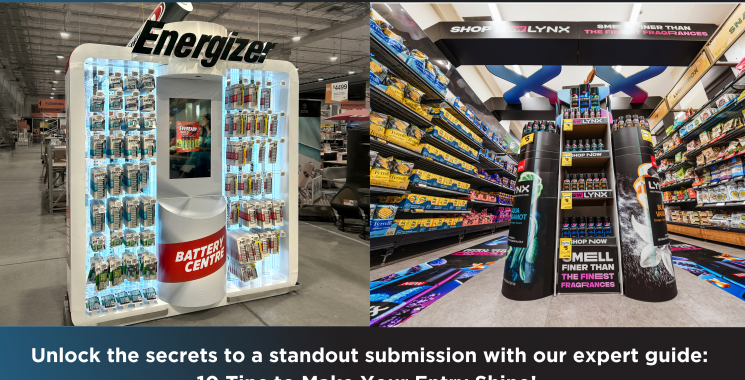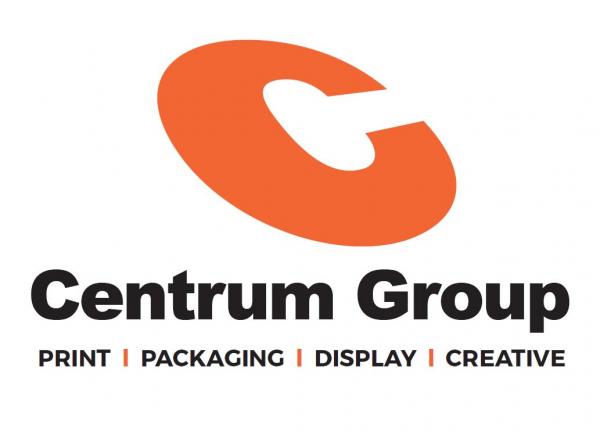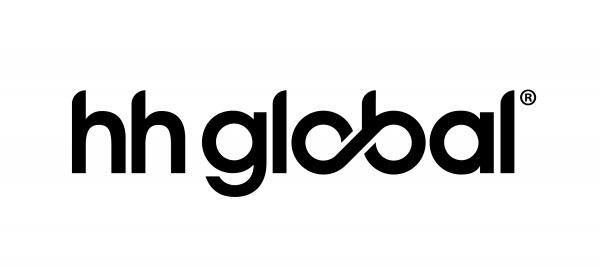
New research reveals how shoppers make purchases
A tale of two heaters: why shoppers think with their hearts instead of their heads
Researcher: Dr Shahin Sharifi | Written by: Mal Chenu
Ever wondered why you chose that particular heater, hairdryer or printer, only to be disappointed later? It could come down to how you like your numbers, says Dr Shahin Sharifi, a lecturer in the Department of Marketing at Macquarie Business School.
“People seem to react in a weird way when it comes to numbers,” says Sharifi, whose research interests are focused on consumer behaviour and decision making.
“Our research indicates people have the intuition that higher numbers are better. They are not keen on thoroughly processing the specs of a product. They try to find other proxies so they don’t have to deal with them.”
One common proxy is the number of power level settings in an appliance.
Our research indicates people have the intuition that higher numbers are better. They are not keen on thoroughly processing the specs of a product.
“Imagine two heaters,” says Sharifi. “One has three heat level settings and the other has six heat level settings. Our research showed people think the heater with six settings is more powerful than the heater with three settings. Even when we supplied people with information about the actual power output, we still found people based their choice on the number of settings.
“We tested for this across several product categories over several studies and the behaviour was repeated for blenders, printers, body massagers, bicycles, microwave ovens and kitchen hoods.”
Intuition v rational thinking
Sharifi says this is interesting because it shows we have an ill-informed inference. He says we rely more heavily on ‘heuristics’ and intuition than rational decision making.
“Heuristics are mental short-cuts. Humans have two reasoning systems – reflective and intuitive. The reflective reasoning system is controlled and rule-based. You use it when you consider the qualities of a product through a series of assessments and then make a judgement. But we don’t use this very much.
“We tend to rely more on the intuitive reasoning system, which requires less effort and time. For example, when choosing a vitamin supplement you may prefer green pills to white pills. This is possibly because green is the colour of vegetables, which we associate with good health. This is the intuitive system at work. For no particular reason, we may associate a colour with a product.
“Another example is green coffee. People just don’t think coffee should be green and so they dismiss it out of hand without considering its benefits.”
Watch out for lay beliefs
Sharifi says the intuitive reasoning system could essentially be biased and comes from ‘lay beliefs’. Lay beliefs are often ill-informed beliefs, named for the lay person or non-expert. Examples include believing a hot shower is a treatment for sunburn. Or that to treat a cold or flu, one should take antibiotics, a belief refuted by medical experts.

“Some lay beliefs have a scientific basis but many do not,” he says. “Lay beliefs are often influenced by culture and are based on perceptions people have developed throughout their lives. Research has shown that people believe bitter-tasting medicine is more effective than sweet-tasting medicine.
These sorts of beliefs inform buying decisions but they could be complete nonsense.
“Another common lay belief about products is that a higher number model must be better. Research by other academics in 2011 found that an X-110 model printer was considered superior to the X-100 even though the former delivered lower-quality prints than the latter.
"These sorts of beliefs inform buying decisions but they could be complete nonsense.”
Quick decisions rule
Sharifi’s research also found people look for short-cuts to arrive at a purchasing decision more quickly.
“People feel the need to find answers but they do not like to take the time to process information. So they create a reason to justify making a quick choice. In the consumer behaviour game, this is called ‘the need for cognitive closure’ or an ‘aversion to uncertainty’.
"This means they are afraid of not knowing or understanding something. They just want to arrive at a solution and to get there sooner so they let their biases take over. They would rather make an ill-informed buying decision than process information more thoroughly and consider the pros and cons.”
- Stars in their eyes: how to get kids hooked on science
- Study highlights Anglo-Celtic dominance of our TV news
Sharifi says we can become better shoppers by overcoming this aversion to uncertainty.
“A rational buyer or decision-maker will balance and consider multiple criteria at the same time instead of focussing on just one, which in some cases could be completely irrelevant. There is a lot to consider -- price, quality, size, warranty period, colour, brand, power, etc.
“People who are less afraid of uncertainty will not rush to judgement.”
Dr Shahin Sharifi is a lecturer in the Department of Marketing at Macquarie Business School.











